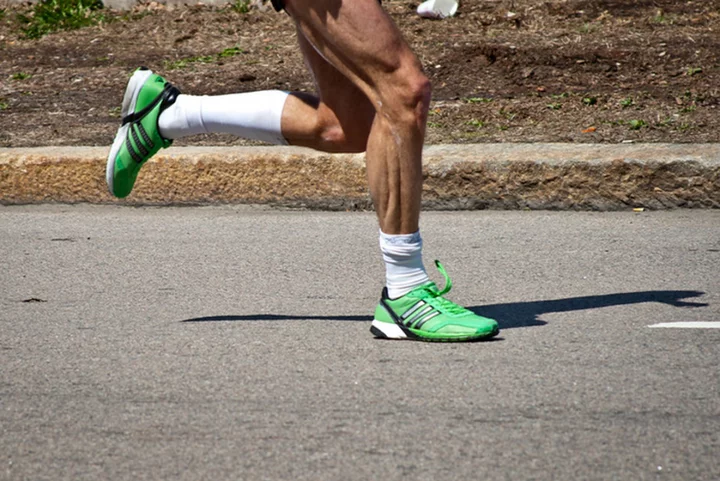Scientists have found that a 16-week regimen of running has similar effect for mental health as antidepressants taken over the same period, an advance that may lead to better treatment guidelines for patients.
Running, however, showed more benefits compared to antidepressants, whose effects on physical health slightly worsened over time, say researchers, including those from Vrije Universiteit (VU) in Amsterdam.
Despite this, the yet-to-be peer-reviewed study presented at the 36th European College of Neuropsychopharmacology (ECNP) Congress, found that adherence to running was lower than to medication.
The first-of-its-kind study compared the effects of antidepressants with running exercises for anxiety, depression, and overall health in over 140 patients.
The research found that while both have the same benefits for mental health, a 16-week course of running over the same period scored higher in terms of physical health improvement, whereas antidepressants lead to a slightly worse physical condition.
Scientists, including Brenda Penninx from VU, also found that the drop-out rate was much higher in the group that initially chose exercise.
In the study, patients were offered a choice of treatment of either SSRI antidepressants for 16 weeks, or group-based running therapy for 16 weeks.
Forty-five of the participants chose antidepressants – SSRI Escitalopram for 16 weeks – while 96 participated in running that included aiming for two to three closely supervised 45-minute group sessions per week for the same period.
Researchers say members of the group which chose antidepressants were slightly more depressed than the members of the group that chose to take running.
“This study gave anxious and depressed people a real-life choice, medication or exercise. Interestingly, the majority opted for exercise, which led to the numbers in the running group being larger than in the medication group,” Dr Penninx said.
Antidepressant treatment required patients to adhere to their prescribed medication, and was not found to directly impact daily behaviors.
However, exercise was found to also address sedentary lifestyles often found in patients with depressive and anxiety disorders by encouraging them to go outside, set personal goals, improve their fitness, and participate in a group activity.
But researchers also found that adherence to protocol was lower in the running group than in the antidepressant group, despite the initial preference for running over antidepressants.
While at the end of the trial, about half the number of participants in both groups showed improvement in depression and anxiety, the running group also had improvements in physical health markers like blood pressure, heart function, and weight.
The antidepressant group, on the other hand, showed slight deterioration in these metabolic markers, the study noted.
“Antidepressants generally had a worse impact on body weight, heart rate variability, and blood pressure, whereas running therapy led to improved effects on general fitness and heart rate for instance,” Dr Penninx said.
While antidepressants have been found to be safe and effective, working for most people, scientists call for extending the treatment arsenal by implementing exercise therapy.
“Telling patients to go run is not enough. Changing physical activity behavior will require adequate supervision and encouragement as we did by implementing exercise therapy in a mental health care institution,” Dr Pennix added.
Read MorePostnatal depression drug ‘shows benefits five years on’
John Fetterman wants people to stop fussing about his use of captioning technology
Mental health ‘top reason for children contacting Childline’
Largest study of centenarian blood reveals secrets to longevity
Scientists map where 27 different types of love are felt in the body
Biggest ever solar storm identified using ancient tree rings









